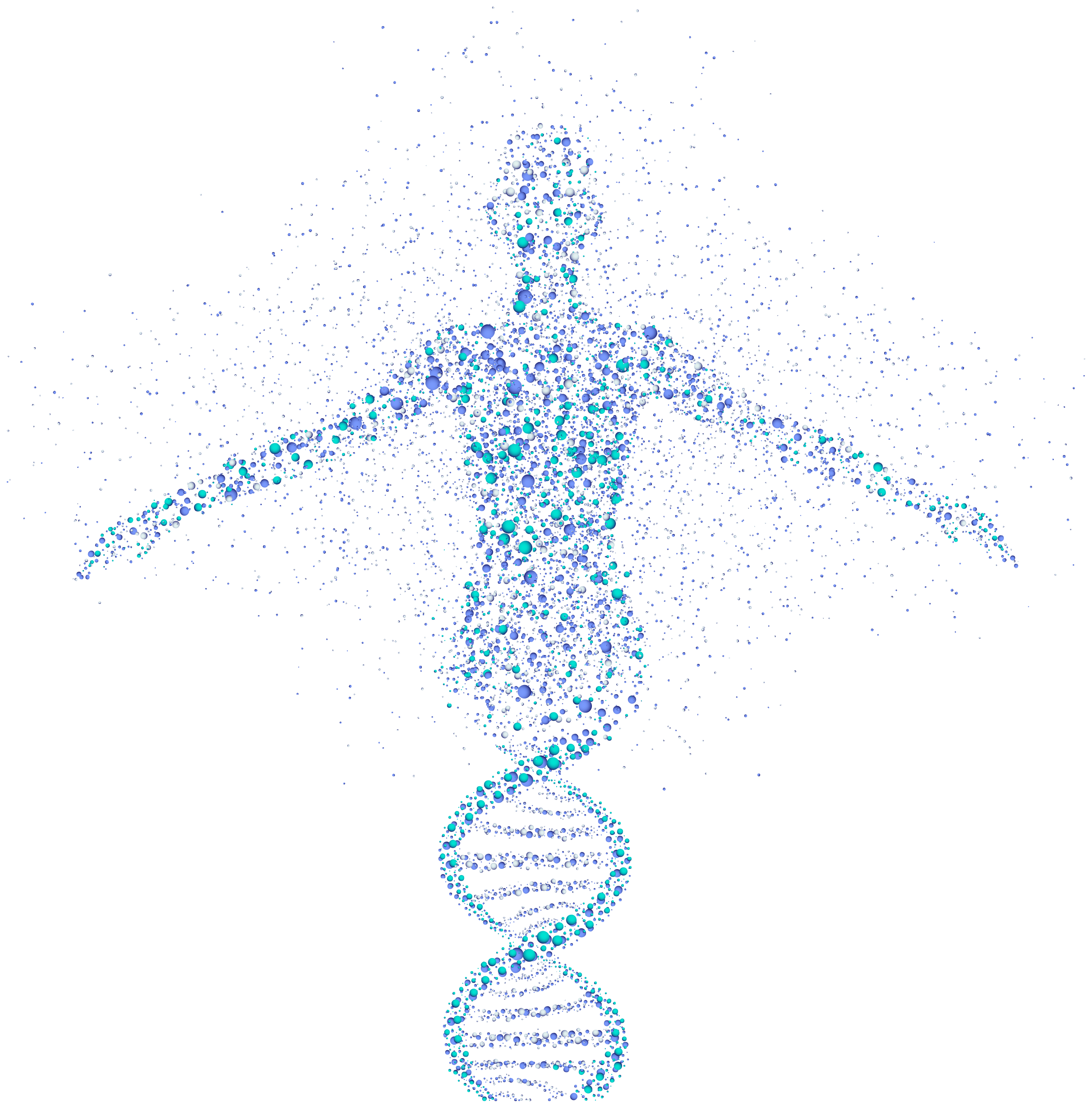

Truveta Genome Project FAQ
Why should I participate?
Just like volunteering to be an organ donor on your driver’s license is a simple act of service with a profound impact, the Truveta Genome Project enables each of us to anonymously contribute to dramatically accelerate progress in discovering the science of humanity, improving the health of our families and communities, and lowering the cost of care.
How will my biospecimen (e.g., blood) be used?
Healthcare sites across the US will obtain patient consent to utilize leftover biospecimens from routine lab tests linked to their de-identified medical records for anonymized genetic research. The biospecimens will be sent to RGC to conduct genetic sequencing, while preserving patient anonymity. After initial sequencing, leftover biospecimens will be stored to support future multi-omics sequencing. All de-identified sequencing data will be added to Truveta Data, enabling biopharma and academic research to develop AI accelerating drug discovery, optimizing clinical trials, and transforming how diseases are prevented, diagnosed, and cured.
How can I participate?
Visit a Truveta member health system to participate.
How do I consent to the use of my data in the Truveta Genome Project?
You can provide your consent as part of your regular care at Truveta member health systems. The exact details of the forms you sign might differ slightly at each health system, but all consents are aligned with HIPAA regulations.
How will you ensure my privacy is protected?
Truveta’s mission is Saving Lives with Data. Trust is at the very foundation of that mission, as no data is more personal than healthcare data.
To earn and maintain that trust, we have invested deeply in the most advanced security and privacy standards to manage and protect de-identified patient data in Truveta as part of our relentless commitment to security and privacy.
The Truveta Genome Project will adhere to those same standards, processes, and procedures.
To see more detailed information about Truveta’s security and privacy approach, please see the Privacy and Security whitepapers on our Resources page.
Will I receive information about my genetic profile back?
Today, our focus is on genetically sequencing millions of patients to benefit humanity at scale with the largest and most diverse dataset. That will help us to find cures for cancer, the cures for Alzheimer’s, and the cures for rare disease.
The best way we can accomplish this is by creating a scale program that is representative of all patients in the US. Aggregate, de-identified data is our best hope of rapid success, which will ultimately benefit the world.
Why is genomic data so important?
Genomics is the study of an individual’s entire set of DNA. A genotype refers to the specific genes you carry, while the phenotype reflects how those genes manifest in traits, behaviors, and medical outcomes (for example, your eye color, right- or left-handedness, or genetic disease).
By linking genotypic and phenotypic data, researchers can uncover how genes influence disease, protective traits, and treatment responses. Then by better understanding this connection, we hope to advance drug discovery and empower precision medicine to identify the best treatments and possible cures for disease.
